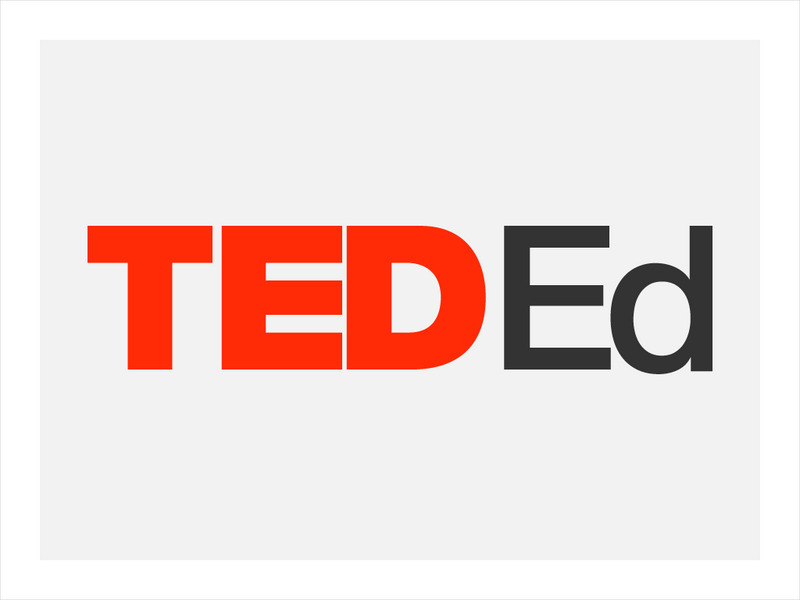American Museum of Natural History
Optical Illusions and How They Work
Illusions are what your mind makes them. Learners view several optical illusions. After each illusion the resource describes what is seen and the potential connection to evolution of the brain. Illusions include seeing different objects...
Jefferson Lab
Optics: Mirrors and Lenses
Did you see that or did I imagine it? Optical illusions are often created with mirrors and lenses, and here is a presentation that covers many different types of mirrors and lenses and how they work. Flat, concave, and convex mirrors, as...
Curated OER
Studying our Senses
Who would not want an opportunity to taste jellybeans in class? During this investigation, life science learners hold their noses as they take a taste test and find that our perception of flavor is connected with our sense of...
Exploratorium
Jacques Cousteau in Seashells
Visionaries create images out of dots to demonstrate the eye-brain connection. Through this activity, they learn that the brain interprets data collected by the eye into recognizable information. Search online for "Jacques Cousteau in...
Exploratorium
Fading Dot
Fuzzy edges cause an image to fade from view in an activity intended to demonstrate how vision works.
Curated OER
Using Optical Illusion Brain Teasers Add a Twist to Math and Science
Optical illusion activities can provide a motivating way for students to explore math and science concepts.
Curated OER
Light, Colors, and Vision
Third graders experience optic illusions by creating flipbooks. In this optics lesson, 3rd graders view a demonstration of the workings of rods and cones using a camera. They are shown an optical illusion and work to create their own...
University of Minnesota
Beautiful Brain: Do You See What I See?
Can art play tricks on your eyes, and can a still painting really appear to vibrate? The second lesson in a four-part series discusses the way our beautiful brains translate visual images. It highlights the style of optical art and...
Curated OER
The Components of Light
Young scholars are given a mnemonic device to review the light spectrum as it relates to the different components of refracted light. In this components of light lesson, students read Light Magic and review the properties of light. Young...
Exploratorium
Cardboard Tube Syllabus
Construct paper tubes and then try out a few optical illusion tricks:
See a virtual hole in your own hand
Get a grasp of how the eyes combine images
Notice that one eye is dominant over the other
Reveal how your eyes adjust to...
Curated OER
The Eye and Color Images
Students study the eye. In this biology lesson plan, students observe and experiment with visual images as they learn about the basic parts of the eye. Students also demonstrate how an image is projected upon the retinal network.
LABScI
Vision Lab: The Eye
Our bodies have some amazing capabilities, but there are some limitations. Explore the limitations of the human eye through the eighth lab activity in a series of 12 biology lessons. Individuals measure their own peripheral vision...
Curated OER
Reflection, Refraction & Lenses
Students are able to describe what happens to light when it strikes different materials. They describe the law of reflection. Students are able to explain why a mirror froms a virtual image. They are able to describe diffuse reflection.
Curated OER
How We See
Students study how images they see are transmitted to the brain. In this sight lesson students complete several activities that have to do with visual pathways and field defects.
Exploratorium
Touch the Spring
Concave mirrors and the images they produce are traditional topics in the physics classroom. This resource explains how to set up an investigation of them, and it provides you with the explanation of concepts.
Curated OER
Mystery of the Senses-Vision
Students view six optical illusions and explain why the visual system might interpret them the way it does. They explore how illusions distort our sense of perspective, because they deceive us into seeing what we expect to see. ...
Curated OER
Stations of Light
Student groups rotate through four stations to examine light energy behavior: refraction, magnification, prisms and polarization. They see how a beam of light is refracted (bent) through various transparent mediums. Young scholars...
TED Talks
Ted: Ted Ed: How Optical Illusions Trick Your Brain
Optical illusions are images that seem to trick our minds into seeing something different from what they actually are. But how do they work? This learning module walks us through a few common optical illusions and explains what these...
TED Talks
Ted: Ted Ed: The Mathematics of Sidewalk Illusions
Have you ever come across an oddly stretched image on the sidewalk, only to find that it looks remarkably realistic if you stand in exactly the right spot? These sidewalk illusions employ a technique called anamorphosis- a special case...
Other
Sandlot Science: The Ambiguous Cube Illusion [Pdf]
Plans for building a 3-D cube illusion. Useful for projects on perception and vision.
Other
Sandlotscience.com: Plans for Missing Corner 3 D Cube [Pdf]
A set of plans from Sandlotscience.com for building a cubic optical illusion in 3-D. Useful for demonstrations and projects.
Exploratorium
Exploratorium: Science Snacks: Circles or Ovals?
Did you ever wonder why you have two eyes but only see one image? This activity will explore how your brain combines the images from your eyes in surprising ways. Learn about the dominant eye and how some people do not have one!
Exploratorium
Exploratorium: Science Snacks: Cheshire Cat
In this activity, you will trick your brain into thinking that your friend has disappeared except for their smile. Understand what happens when your eyes receive different images.
Exploratorium
Exploratorium: Bird in a Cage
Have fun with this optical illusion. Learn about after images with this experiment.



















![Sandlot Science: The Ambiguous Cube Illusion [Pdf] Activity Sandlot Science: The Ambiguous Cube Illusion [Pdf] Activity](http://lessonplanet.com/content/resources/thumbnails/411251/large/bwluav9tywdpy2symdiwmduymc02mdkylte3n2libi5qcgc.jpg?1589993104)
![Sandlotscience.com: Plans for Missing Corner 3 D Cube [Pdf] Activity Sandlotscience.com: Plans for Missing Corner 3 D Cube [Pdf] Activity](http://lessonplanet.com/content/resources/thumbnails/411248/large/bwluav9tywdpy2symdiwmduymc01njg0lwltaxmzzy5qcgc.jpg?1589993095)


